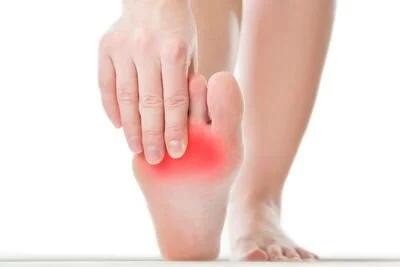
Neuropathy

Neuropathy And Venous Disease
Venous Disease Can Lead To Neuropathy Symptoms
Venous disease, a condition affecting the veins in the body, is often associated with symptoms like swelling, pain, and skin changes. However, a less-known fact is the potential link between venous disease and neuropathy symptoms. Neuropathy refers to nerve damage, which can cause a range of symptoms, including numbness, tingling, and weakness.
Venous disease develops when the veins' valves, which ensure blood flows toward the heart, malfunction or become damaged. This can cause blood to pool in the veins, leading to conditions like varicose veins or chronic venous insufficiency. When left untreated, these conditions can cause complications, including venous neuropathy.
Venous neuropathy occurs when the pooling blood in veins increases the pressure in the leg veins, leading to inflammation and damage to the surrounding nerves. This nerve damage can result in neuropathy symptoms such as numbness, tingling, or a burning sensation in the affected areas. These symptoms are often mistaken for other conditions like diabetic neuropathy or peripheral artery disease, leading to misdiagnosis and delayed treatment.
The relationship between venous disease and neuropathy symptoms is complex. The most common symptoms of venous disease, such as leg swelling, can compress the nerves and lead to neuropathy. Additionally, the inflammation caused by venous disease can directly damage the nerves, leading to neuropathic pain.
Early detection and treatment of venous disease can prevent the development of neuropathy symptoms. Treatment options range from lifestyle changes, such as exercise and weight management, to medical procedures like venous ablation or sclerotherapy. These treatments aim to improve blood flow, reduce inflammation, and alleviate the pressure on the nerves.
It's essential for individuals with venous disease to be aware of this link and seek medical advice if they experience any neuropathy symptoms. With early detection and appropriate treatment, it is possible to manage these symptoms and improve the quality of life.
